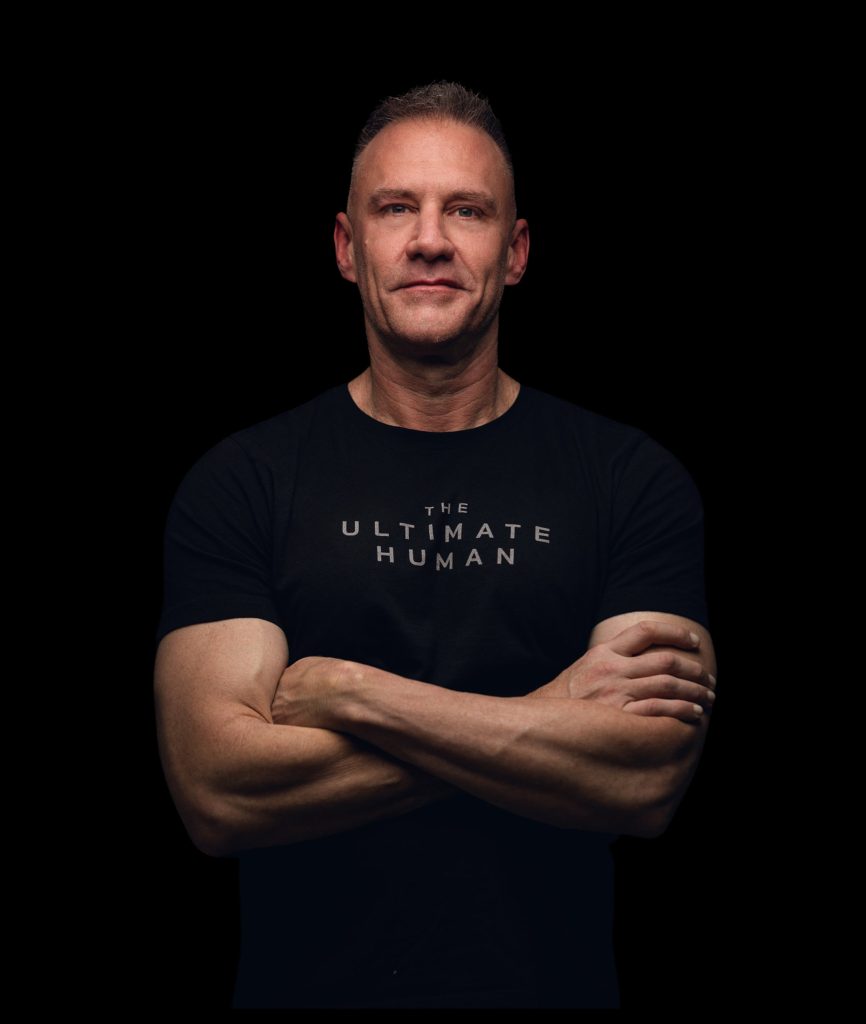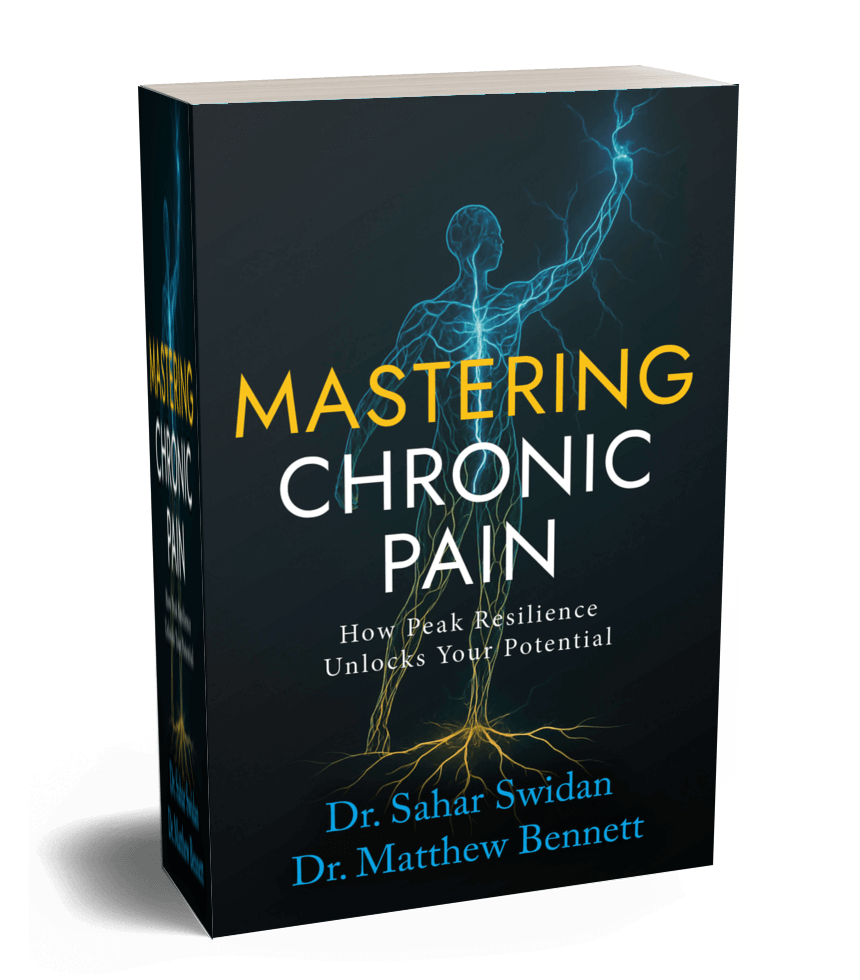As generative AI rapidly reshapes media, a new battlefront has emerged for influencers and experts: the fight to protect identity in a synthetic world.
In a precedent-setting case, wellness leader Gary Brecka — a globally recognized podcaster, human biologist, and founder of The Ultimate Human — secured a $16 million judgment after his name, image, and likeness (NIL) were used without consent to promote wellness products he had no affiliation with.
This wasn’t just a brand dispute. It was a direct assault on consumer trust that has now been formally recognized by the courts.
“This ruling protects not just my personal brand, but every professional who has invested years into building credibility,” said Brecka. “In a time when AI can fabricate false endorsements, protecting real expertise has never mattered more.”
A Legal Blueprint for the AI Era
The ruling arrives at a pivotal moment for influencer marketing and health brands. With tools like Google’s Veo 3 enabling photorealistic video generation from text prompts, it’s easier than ever to simulate the likeness of public figures without their knowledge. In Brecka’s case, that simulation wasn’t hypothetical — it happened. And it backfired in court.
The court affirmed that exploiting an individual’s identity, whether through traditional means or AI-generated avatars, is both unlawful and morally damaging to the individual and the public they serve.

Why Wellness Influencers Are the Canary in the AI Coal Mine
In an industry built on credibility, results, and relatability, influencers and health experts represent more than just content — they represent trust. Their personal brands often serve as the foundation for supplement companies, protocols, retreats, and life-changing advice.
But when AI can replicate a voice, generate a face, and simulate a message, how do consumers know who — or what — they’re listening to?
Brecka’s case is among the first to explicitly draw a legal line around that question.
“Without consent, there is no endorsement. Without trust, there is no wellness,” said Brecka. “We’ve entered an era where guarding your identity is as important as building it.”
The Future of Influencer Commerce and AI Accountability
Brecka’s $16 million NIL victory is more than a personal win — it’s a signal that courts are beginning to catch up to the rapidly evolving frontier of AI and identity theft. It’s also a warning to brands and marketers: misusing an expert’s likeness, even with cutting-edge technology, carries serious consequences.
As AI continues to blur the lines between reality and simulation, the wellness industry — and the broader creator economy — must adopt stronger standards for consent, transparency, and truth in digital representation.
For now, Gary Brecka’s case stands as a high-profile reminder of what happens when technology outpaces ethics, and what it looks like when accountability catches up.













